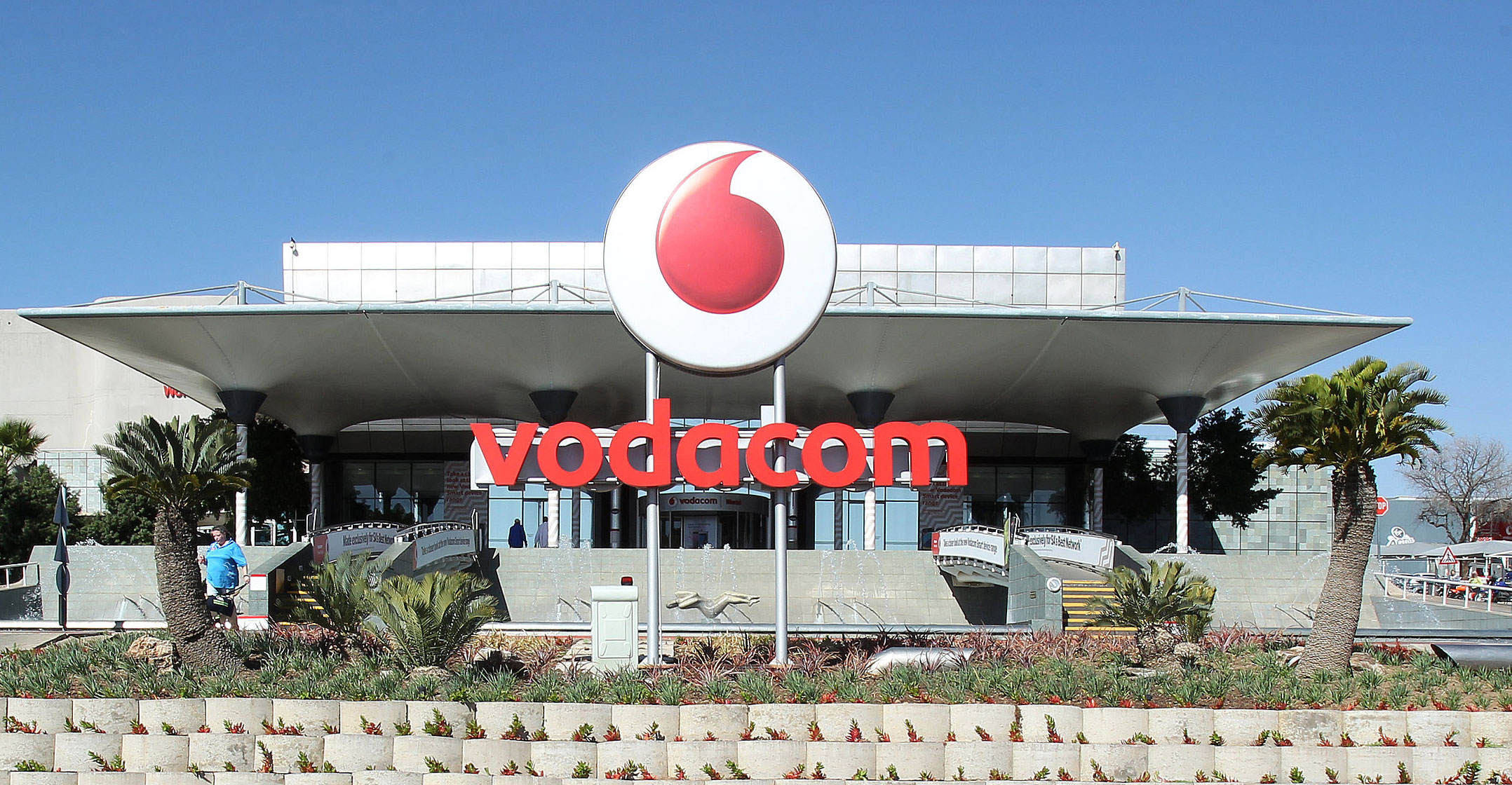 Vodacom has rubbished the Electronic Communications Amendment Bill’s wholesale open-access provisions, describing them as “intrusive and onerous”.
Vodacom has rubbished the Electronic Communications Amendment Bill’s wholesale open-access provisions, describing them as “intrusive and onerous”.
“These changes are disproportionate, arbitrary and intrusive,” it said in the submission, ahead of a parliamentary hearing on the draft legislation scheduled for Thursday.
It has also pointed to research that suggests that South Africa’s GDP could be negatively impacted by as much as R28-billion if the bill is enacted in its current form.
Rival MTN has also pilloried the bill (see article), saying, among other things, that government’s proposal to “impose blanket, cost-based open access on a competitive market” is “draconian and irrational” and warning that government’s policy “U-turn” will have a “devastating effect on the model that delivered R100-billion-plus of investment in the last decade”.
“We do not agree that virtually all licensees in a competitive market should have to provide open access to all their assets (networks, systems and facilities), whether or not it is reasonable to do so,” Vodacom said in its submission.
“We do not agree that all mobile operators should provide open access at cost-orientated rates to potentially their entire mobile communications network, systems and services. This is practically the most intrusive intervention possible. It is unprecedented in any other competitive sector in South Africa, as far as we are aware, and is unheard off in any mobile telecoms market around the world, where governments are aiming to incentivise investment to promote mobile broadband.”
‘Constitutional shortcomings’
Communications regulator Icasa, it said, already has the tools it needs to achieve government’s objectives and it should use these instead of the bill “circumventing the balanced regulatory framework in chapters 8 and 10” of the Electronic Communications Act. The existing act is “fit for purpose and does not require radical change as proposed in the bill”.
Like MTN, Vodacom said the bill contains “severe constitutional shortcomings”. For one thing, it violates the independence of Icasa, which is enshrined in the constitution. For another, it entails “several violations of basic requirements of the rule of law, that laws be clear and not vague, and that they not be arbitrary”.
“The bill also entails unjustifiable arbitrary deprivation of property,” Vodacom said.
 It said the best way of increasing broadband coverage, reducing prices, and fostering innovation and transformation (all objectives of the amendment bill) is by promoting investment and network competition “within the best practice regulatory framework in the current act and not through the changes contemplated in the bill”.
It said the best way of increasing broadband coverage, reducing prices, and fostering innovation and transformation (all objectives of the amendment bill) is by promoting investment and network competition “within the best practice regulatory framework in the current act and not through the changes contemplated in the bill”.
It said a policy direction issued to communications regulator Icasa by former telecoms minister Siyabonga Cwele should proceed as it represents a move in the “right direction”.
“It envisages the establishment of the Woan and the licensing of the unassigned high-demand spectrum under the existing act,” Vodacom said. “We agree with much of what is broadly contemplated by the policy direction…”
The Woan, or wholesale open-access network, is a plan by government to create a new infrastructure operator in South Africa. Government had initially wanted to give all mobile broadband spectrum to the Woan, to the exclusion of commercial operators, but has since backed away from that position.
“(The policy direction) will promote an investor-friendly environment, without detracting from the transformation and universal access objectives, and enable the timely and efficient roll-out of much needed broadband network and new technologies for the benefit of consumers and the whole South African economy,” Vodacom said.
Vodacom warned that the bill’s “novel concept” of wholesale open-access and mandated non-exclusive rights to spectrum “will yield no efficiency gains or benefits for well-designed mobile networks”.
“On the contrary, any attempt to introduce multiparty sharing of a harmonised mobile band is likely to lead to unplanned network interference, even for a wholesale-only entity such as the Woan.”
‘Constrained’
Vodacom asked Frontier Economics to provide an “empirical analysis” to quantify the economic impact of the bill. The firm found that if the bill were to be fully implemented, South Africa’s mobile market would become “constrained by increased regulatory uncertainty, lower and delayed investment, and much slower deployment of new mobile technologies”.
Frontier warned of a significant risk that network competition will be distorted through preferential treatment of the Woan at the expense of competition and ultimately South African consumers.
It said mobile data prices will be up to 16% higher with the bill as a result of increased unit costs through slower migration to new technologies. As a result of these higher prices, usage of mobile data will be significantly lower under the bill, with usage being between 6% and 16% lower than without the bill over the period 2025 to 2030.
“This translates to the average consumer in South Africa consuming 415MB less data per month by 2030. These impacts could translate to a significant reduction in consumer benefits, with an estimated loss in consumer surplus from 2020 to 2040 of R45-billion in net-present-value terms. The loss in consumer surplus would still be significant, even when considering potential benefits from the bill, with the ‘net’ loss in consumer surplus estimated at R32-billion,” Frontier Economics said.
“The slower deployment of next-generation mobile technologies will also have a wider negative economic impact because of the pivotal role broadband plays in supporting economic development and growth…”
Frontier Economics estimated the following negative impacts under the bill: GDP will be lower by between R12-billion and R28-billion; tax receipts will be between R3-billion and R8-billion lower; and thirty thousand fewer jobs will be created the transitional period and 16 000 to 36 000 fewer jobs will be created in the longer term. — © 2018 NewsCentral Media




